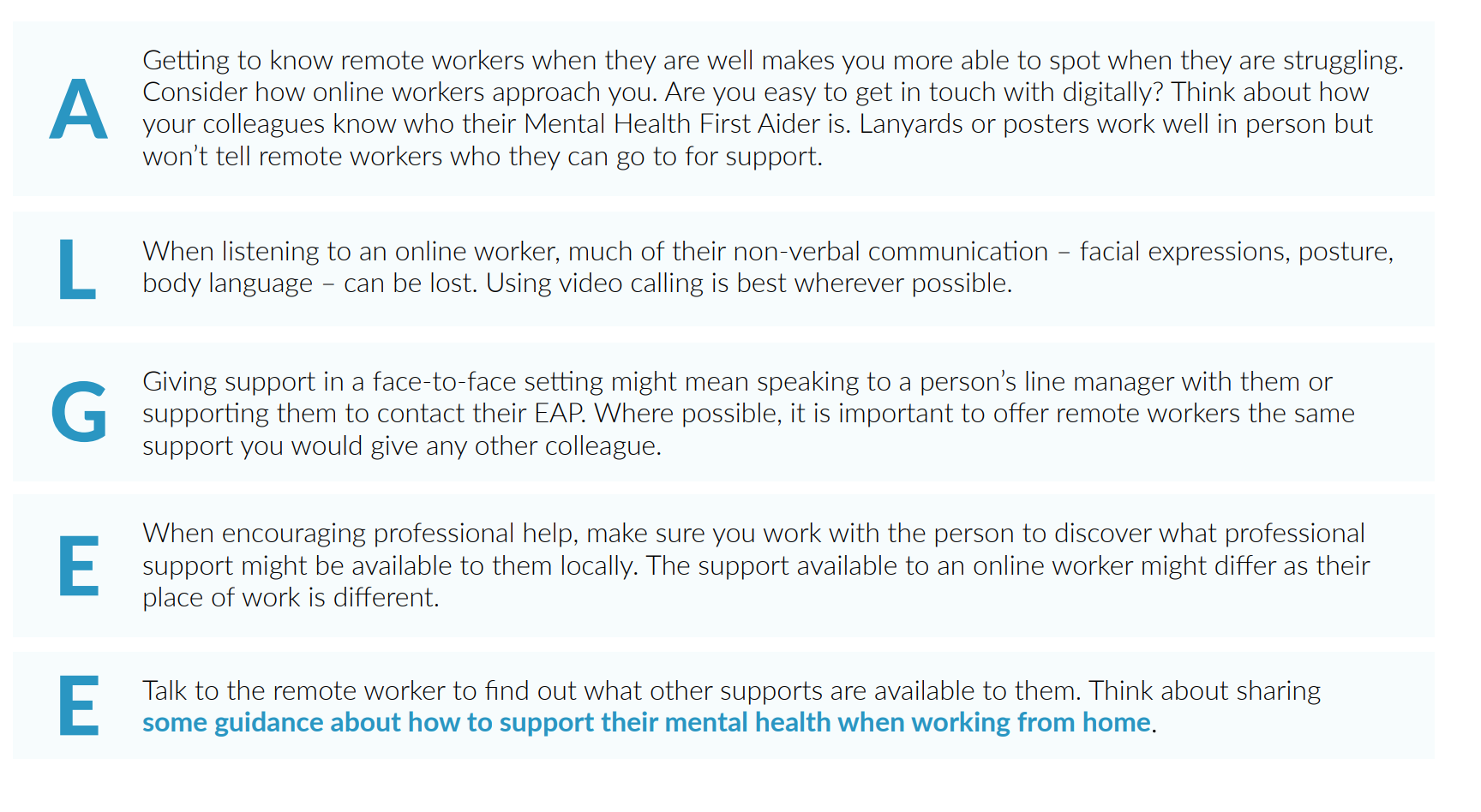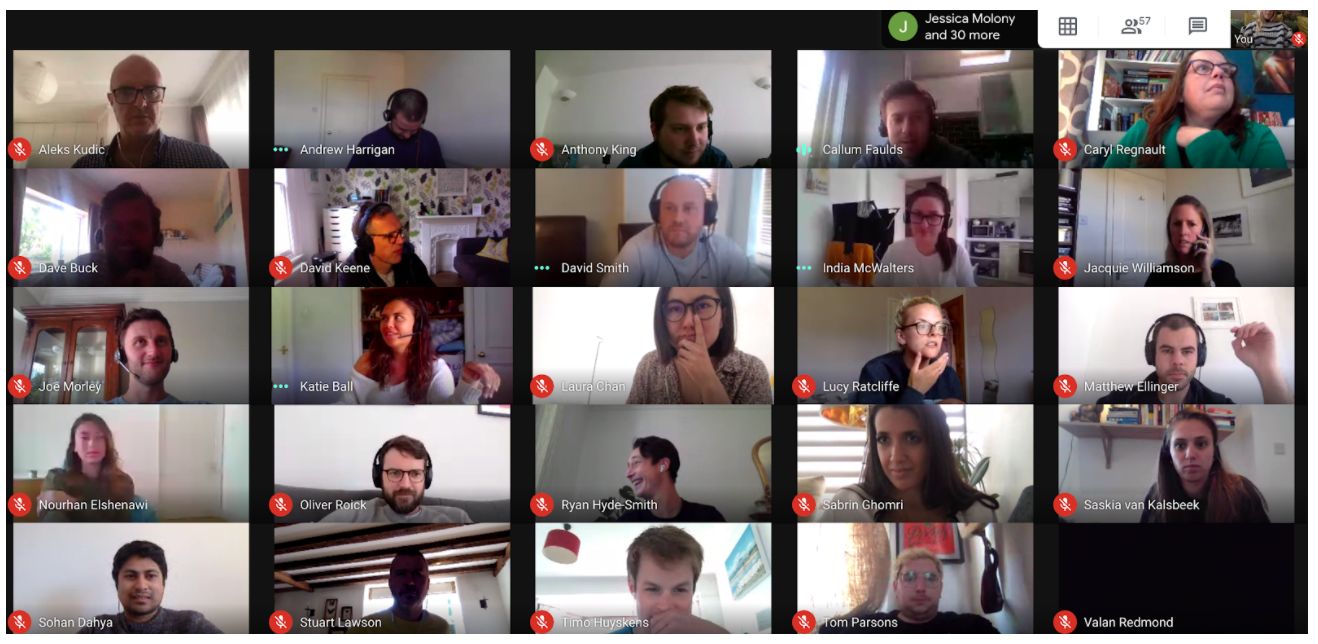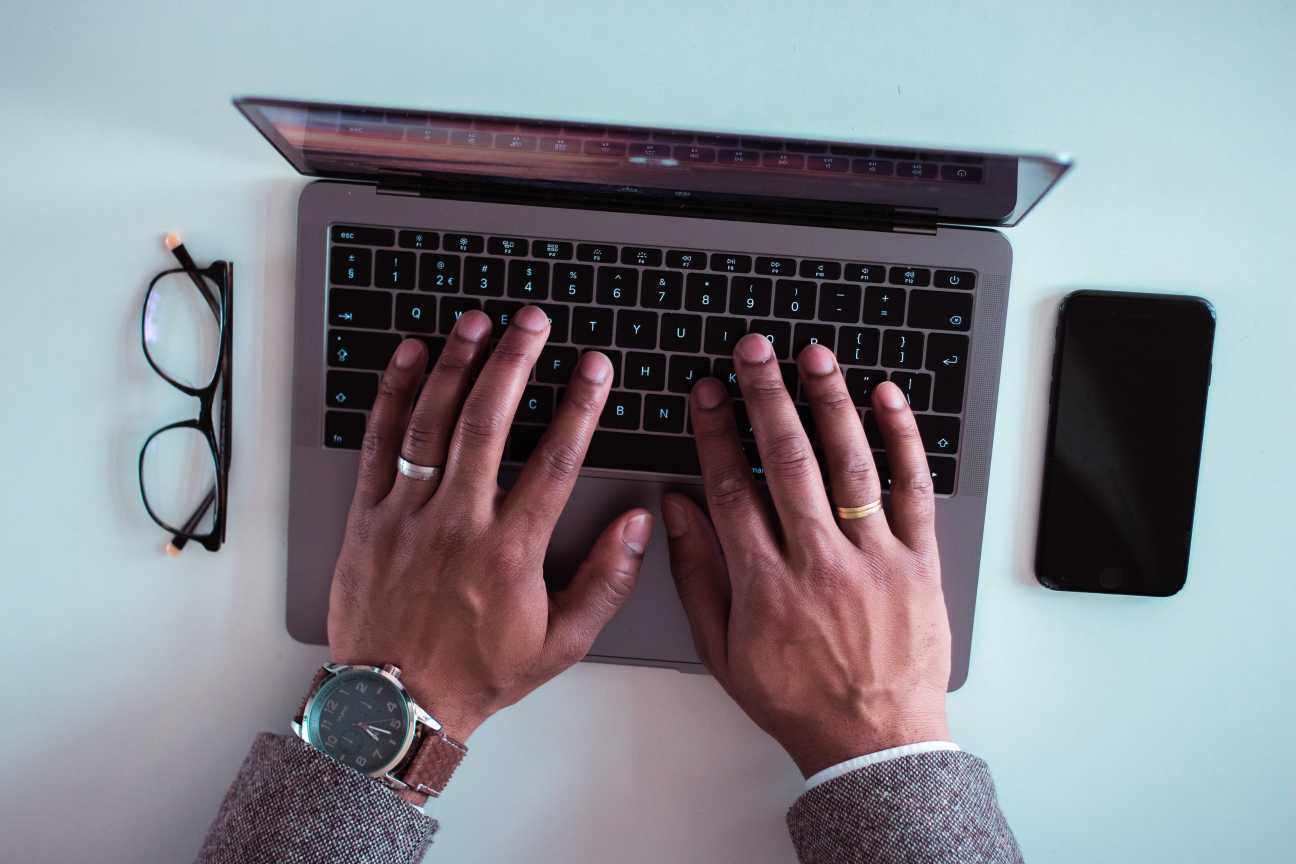Covid-19
How to look after your mental health while working from home
18 May 2020
To mark mental health awareness week, we’re sharing tips on how employers can support their team remotely and what we can do as individuals to help manage our mental health during lockdown.

These are challenging times for all of us. As well as worries around the health and wellbeing of our families, friends and coworkers, most of us are still grappling with new routines. Then there’s the juggling act of work, childcare and everything else that life inevitably throws our way.
Most of us are concerned about mental health at the moment
According to data from the ‘Every Mind Matters’ campaign, more than 4 in 5 of us is worried about the impact coronavirus is having on our life right now. Over half of respondents say it’s affected their wellbeing and almost half are experiencing high levels of anxiety.
Loneliness is also taking its toll on people’s mental health. Opinium’s survey found that 46% of us are feeling isolated at the moment, while just over a third (36%) are concerned about the long-term impact working from home for months might have on our mental health.
At Funding Options, we believe employers have a responsibility to prioritise mental health.
Many organisations, including our own, started to move towards remote working before the lockdown began. But even as the government begins to ease measures and provide guidance on how to implement physical distancing in an office context, it’s crucial that businesses continue to put mental health at the top of the agenda.
Taking care of your mental health when working from home
Making sure everyone feels supported and part of a team is crucial. Here are a few of our own strategies employers and individuals can use to encourage good mental health while working from home during lockdown and beyond.
1. Be aware of mental health organisations
Organisations like Mental health UK and the NHS are offering general as well as specialised mental health support at the moment. NHS recommends strategies such as planning practical things, looking after your body and staying on top of difficult feelings to cope during lockdown.
There’s also the Hub of Hope platform, a UK national mental health database which brings together organisations across the country that offer mental health advice and support. It’s a useful resource and one you could share with your own teams this week.
2. Assign mental health first aiders
Even under “normal” circumstances, every business should have an individual or team dedicated to mental health first aid. A Mental Health First Aider in the workplace is the go-to person for anyone who is going through some form of mental health issue.
Working remotely can exacerbate feelings of isolation and trigger mental ill health, however, Mental Health First Aiders are trained to be able to support coworkers in a remote context too. They understand the nuances between stress, anxiety so that appropriate intervention can be taken.
Mental health awareness training teaches you to listen impartially so that the individual feels heard. Mental Health First Aiders use Mental Health First Aid England’s powerful ALGEE approach.

Source: MHFA England
3. Keep in contact using video
You can’t just pop over to someone’s desk to check in with a coworker at the moment, but there are lots of tools out there that make maintaining contact easy.
Something as simple as a quick call every morning with your team is an easy way to get a feel for everyone’s mood. It can also help people start on a focused footing and set a positive tone for the day. Other simple initiatives include keeping an open video channel that people can drop into and weekly (optional) social events such as virtual drinks or quizzes.

Funding Options’ team call.
4. Create a work culture at home
Many of us are working from home full time for the first time. In the absence of a commute and a quick coffee when you get into the office, establishing a routine is crucial. That means having a shower and getting dressed, rather than spending the day in your pyjamas!
Oh, and never work from your bed if you can help it – here’s why.
Setting up a designated workspace in your house will mentally prepare you for work and allow you to structure your day better. It doesn’t always have to be in the same place – in fact, moving around can actually benefit your posture and help you concentrate.

https://unsplash.com/photos/uTi9PhSJPm8
5. Forge a boundary between life and work
Employers should encourage employees to stick to their usual working hours to avoid unsettling the work-life balance. Lunch breaks are a must too. Switching off at evenings and weekends can help you feel more energised at “work” and boost your morale.
Why not create a Culture Club that employees can join if they want to? This can motivate people to switch off from work and immerse themselves in something they enjoy, such as writing, reading, watching films or listening to music. It can also be a powerful resource for people who live alone.
Aim to implement a custom at the end of the day that signifies work has finished. A 20-minute yoga session, catching up on the latest episode of a TV series or something as simple as changing into different clothes will tell your brain it’s time to wind down.
Despite the challenges – both individual and collective – sometimes negative events can bring people closer together. Physical distancing doesn’t mean we have to emotionally distance from each other, so let’s make sure we’re there for our teammates whenever they need us.
Subscribe to our newsletter today
Sign up for the best of Funding Options sent straight to your inbox.
